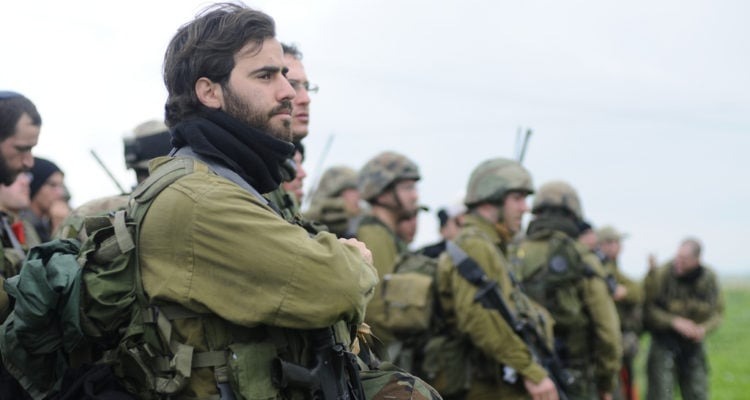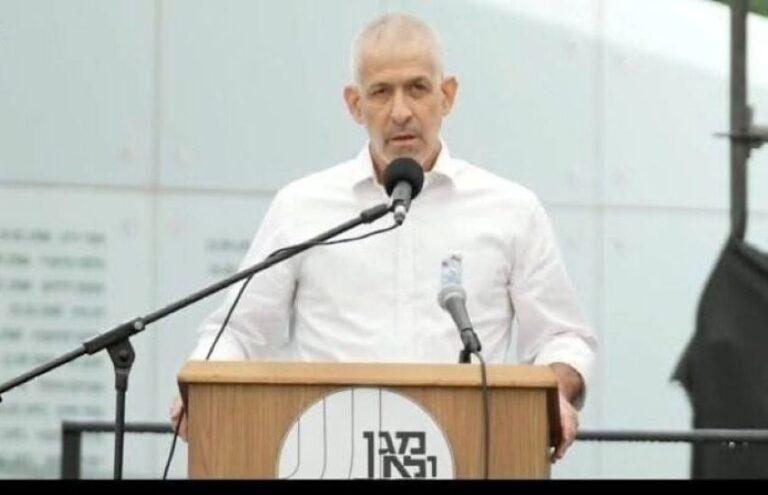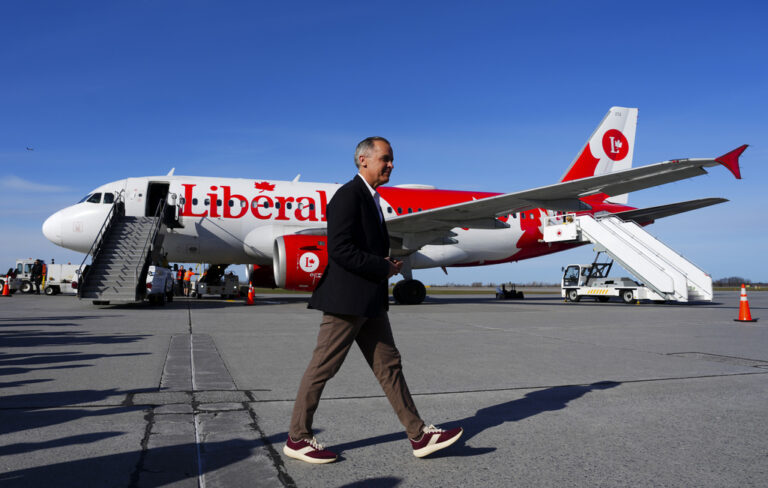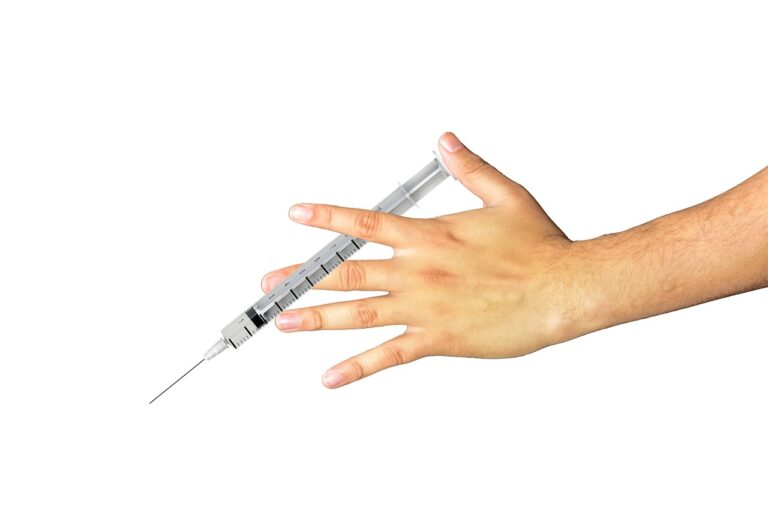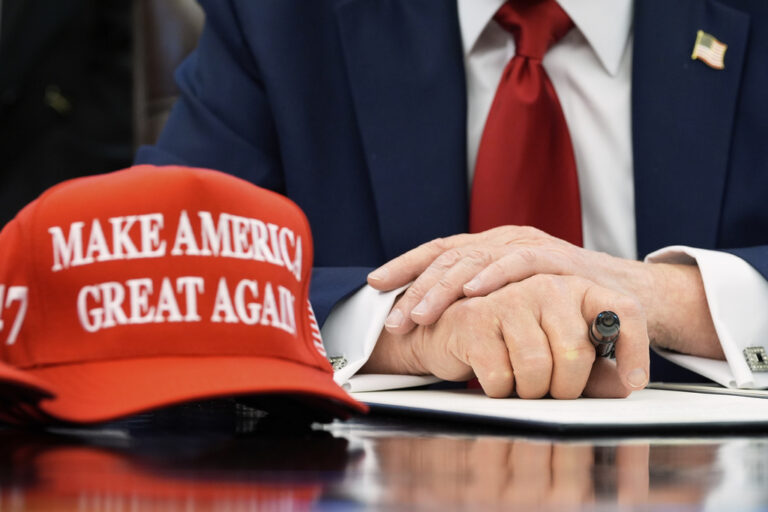 President Barack Obama and Republican challenger Mitt Romney face off in front of the cameras for a final time on Monday as opinion polls show their battle for the White House has tightened to a dead heat.
President Barack Obama and Republican challenger Mitt Romney face off in front of the cameras for a final time on Monday as opinion polls show their battle for the White House has tightened to a dead heat.
With 15 days to go until the Nov. 6 election, the two candidates turn to foreign policy for their third and last debate, which starts at 9 p.m.
The stakes are high, as the two candidates are tied at 46 percent each in the Reuters/Ipsos online daily tracking poll.
The debate will likely be the last time either candidate will be able to directly appeal to millions of voters – especially the roughly 20 pct who have yet to make up their minds or who could still switch their support.
Obama comes to this debate with several advantages. As sitting president, he has been deeply involved with national security and foreign affairs for the past three-and-a-half years. He can point to a number of successes on his watch, from the end of the Iraq war to the killing of Osama bin Laden.
But Romney will have many chances to steer the conversation back toward the sluggish U.S. economy, a topic on which voters see him as more credible. He will also try to use unease about a nuclear Iran and turmoil in Libya to sow doubts about Obama’s leadership at home and abroad.
Romney launched his candidacy with an accusation that Obama was not representing U.S. interests aggressively enough, but after a decade of war voters have little appetite for further entanglements abroad. After a clumsy overseas trip in July, Romney will have to demonstrate to voters that he could ably represent the United States on the world stage.
“What he needs to do is get through this third debate by showing a close familiarity with the issues and a demeanor in foreign policy that is not threatening,” said Cal Jillson, a political science professor at Southern Methodist University.
Presidential debates have not always been consequential, but this year they have had an impact.
Romney’s strong performance in the first debate in Denver on Oct. 3 helped him recover from a series of stumbles and wiped out Obama’s advantage in opinion polls.
Obama fared better in their second encounter on Oct. 16, but that has not helped him regain the lead.
The Obama campaign is now playing defense as it tries to limit Romney’s gains in several of the battleground states that will decide the election.
Romney could have a hard time winning the White House if he does not carry Ohio. A new Quinnipiac/CBS poll shows Obama leading by 5 percentage points in the Midwestern state, but another by Suffolk University shows the two candidates tied there.
LAST-CHANCE DEBATE
More than 60 million viewers watched each of their previous two debates, but the television audience this time could be smaller as it will air at the same time as high-profile baseball and football games.
Much of the exchange, which takes place at Lynn University in Boca Raton, Florida, will likely focus on the Middle East.
Campaigning in Canton, Ohio, on Monday, Vice President Joe Biden reminded voters of Obama’s pledge to pull troops out of Afghanistan in the next two years and pointed out that Romney and his running mate Paul Ryan have made no such guarantees.
“They said, quote, it depends. Ladies and gentlemen, like everything with them, it depends,” Biden said. “It depends on what day you find these guys.”
At their second debate last week, the two presidential candidates clashed bitterly over Libya, a preview of what is to come on Monday evening. They argued over Obama’s handling of the attack last month on the U.S. consulate in Benghazi in which Ambassador Chris Stevens and three other Americans were killed.
The Obama administration first labeled the incident a spontaneous reaction to a video made in the United States that lampooned the Prophet Mohammad. Later, it said it was a terrorist assault on the anniversary of the Sept. 11, 2001, attacks.
This shifting account, and the fact that Obama went on a campaign trip the day after the attack, has given Romney ammunition to use at Monday’s debate.
“The statements were either misleading by intention or they were misleading by accident. Either way, though, he’s got to get to the bottom of this,” Romney adviser Dan Senor said on NBC’s “Today” show.
Obama and his allies charge that Romney exploited the Benghazi attack for political points while officials were still accounting for the wellbeing of U.S. diplomats.
Regarding foreign policy overall, Obama’s allies accuse Romney of relying on generalities and platitudes.
“It is astonishing that Romney has run for president for six years and never once bothered to put forward a plan to end the war in Afghanistan, for example, or to formulate a policy to go after al Qaeda,” U.S. Senator John Kerry, the Democrats’ 2004 presidential nominee, wrote in a memo released by the Obama campaign on Monday.
Romney has promised to tighten the screws over Iran’s nuclear program and accused Obama of “leading from behind” as Syria’s civil war expands. He also has faulted Obama for setting up a politically timed exit from the unpopular Afghanistan war, and accused him of failing to support Israel, an important ally in the Middle East.
The Republican challenger is likely to bring up a New York Times report from Saturday that said the United States and Iran had agreed in principle to hold bilateral negotiations to halt what Washington and its allies say is a plan by Tehran to develop nuclear weapons.
The 90-minute debate, moderated by Bob Schieffer of CBS, will be divided into six segments: America’s role in the world; the war in Afghanistan; Israel and Iran; the changing Middle East; terrorism; and China’s rise.
(Reuters)





